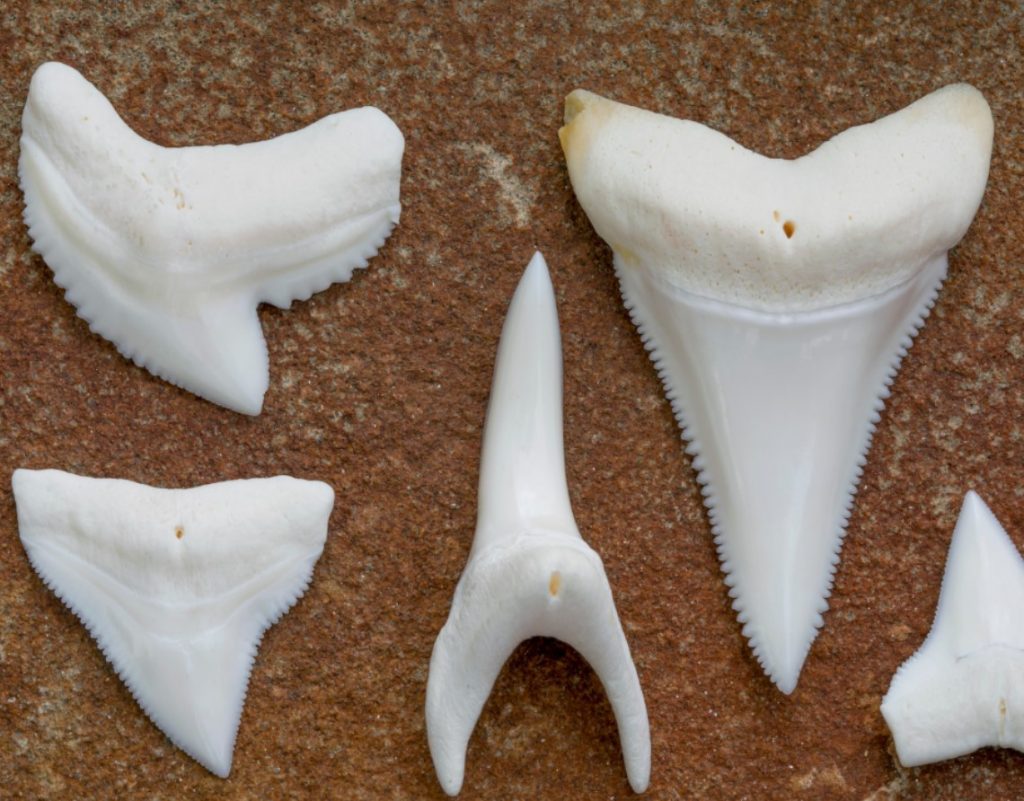Marine fishes are important sources of protein throughout the world. As fish grow and age, they will accumulate contaminants, such as heavy metals and PCBs, that can be harmful to humans if consumed in high concentrations. Large, slow growing fishes that are at the top of the food web bioaccumulate contaminants over their lifetime, and therefore the largest fish often have the highest levels of these toxins. MarAlliance is collaborating with researchers at IIRMES to determine the levels of contaminants such as methyl mercury in fish and sharks to determine how contaminant levels in these organisms change over time. Results from these studies will help to inform the public about which fish species, and what sizes of these fish are safest to eat and which should avoided.

Imagine a World Without Sharks: Dream or Nightmare?
Consider a common misconception: many people believe a world without sharks would be ideal. They imagine our oceans liberated from the “fearsome predators” often portrayed


